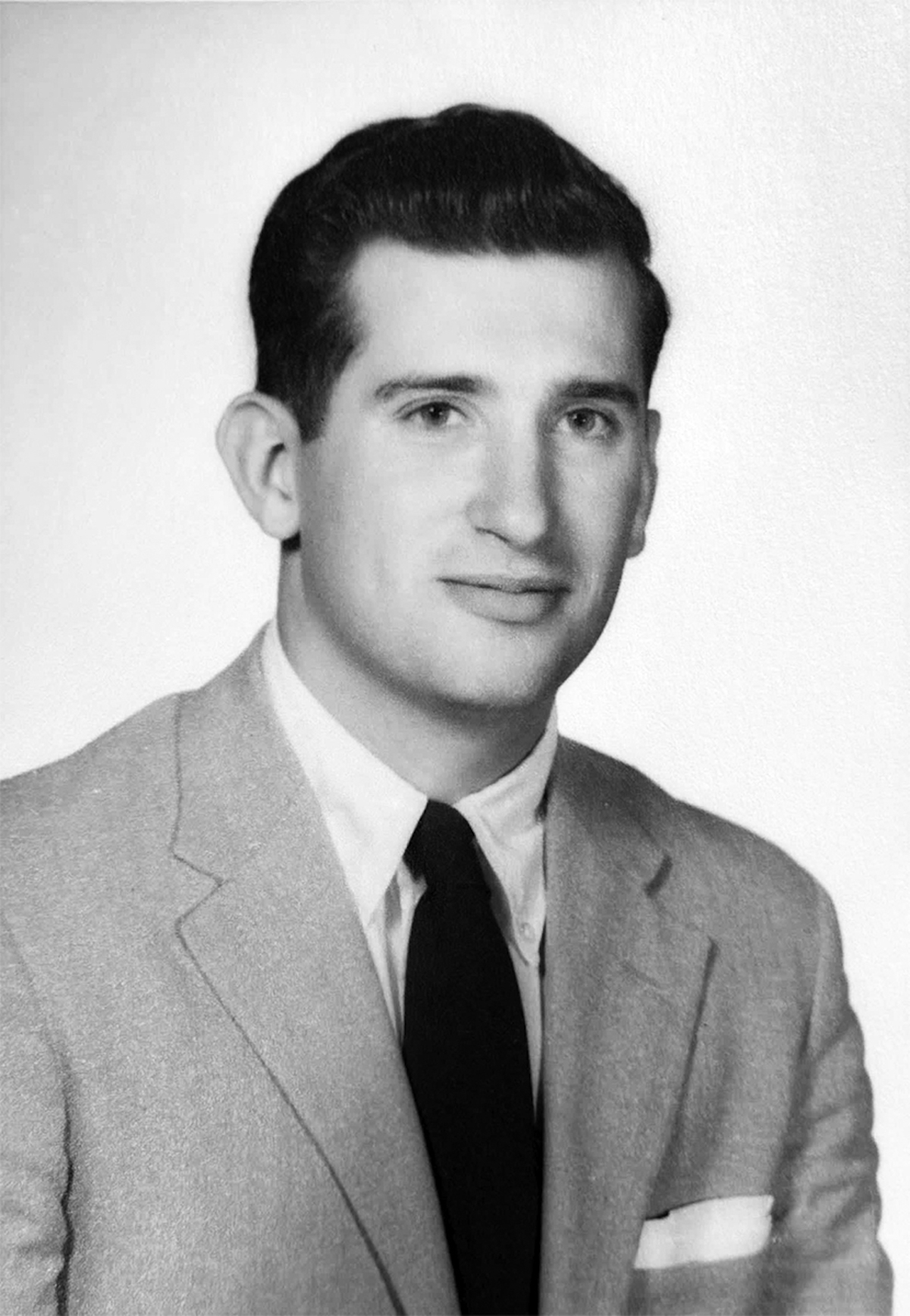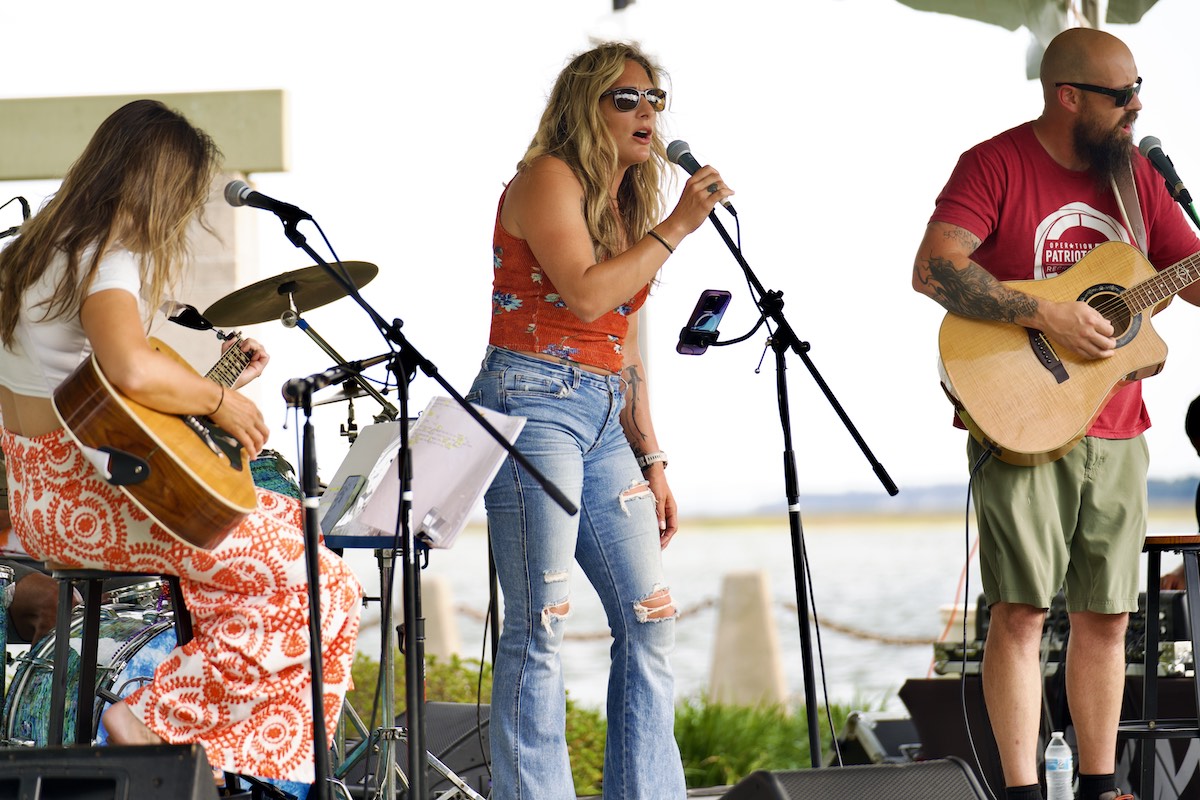By Alan Schuster
To many Wagner fans, “Tristan und Isolde” is one of his finest operas, even though he referred to it as “music drama,” blending together the poetic, visual, musical and dramatic arts. Today, Wagner’s total concept of art is embodied in Tristan, and often described as the beginning of modern music.
From the opening chords of Tristan’s motif in the prelude to Isolde’s magnificent “Liebestod” (Love in Death) in the final scene, the work moves in a constant flow, consistent with his new ideal. The music is rich throughout, highlighted by Tristan/Isolde duets in acts one and two (the great “Love Duet,” one of Wagner’s finest inspirations).
Act I
In a Middle Ages legend taking place in Cornwall, England, Isolde, an Irish Princess, is aboard a ship bound for Cornwall to marry its governor, King Marke. Her escort is Tristan, the King’s loyalist and nephew. Isolde has already fallen in love with Tristan, but she compels him to take poison with her because she detests the idea of marrying the King. But her maid, Brangane, prepares a love potion instead, and by the time they reach Cornwall, they have already fallen passionately in love.
Act II
While King Marke is hunting, Isolde, now his wife, meets secretly with Tristan. By chance, the King appears and laments that his nephew and wife have both betrayed him. When Tristan refuses to apologize, Melot, another loyalist to the King, rushes forward and attacks him seriously.
Act III
In his home castle in Brittany, Tristan remains severely wounded while being tended to by Kurwenal, his friend. Kurwenal urges Isolde to come to Tristan, but when she arrives, he has already died. King Marke also appears, having learned that the couple had taken a love potion. When Isolde realizes that her destiny has been decided, she chooses to kill herself and join Tristan in the afterlife.
The role of Isolde is an arduous one, sung by very few women today. Swedish soprano Nina Stemme is definitely one of them, having a warm, solid voice, and yet one with both lyric and dramatic qualities which let her sing not only Isolde but Madam Butterfly as well. Stuart Skelton, acknowledged as one of the finest heldentenors in opera today, is Tristan. Ekaterina Gubanova as Brangane and Rene Pape as King Mark round out the prime performers.
If you go
“Tristan und Isolde” will be presented at noon Saturday, Nov. 5, at the USCB Center for the Performing Arts.
Tickets for all operas the USCB Center for the Performing Arts are now available. All seats are general admission. Tickets are $20 for adults; $18 for OLLI members; and $10 for students. Order online at www.centerforthearts.com or by calling 843-521-4145. The box office opens at noon.
Next performance: Mozart’s Don Giovanni, 1 p.m. Saturday, Nov. 12.







